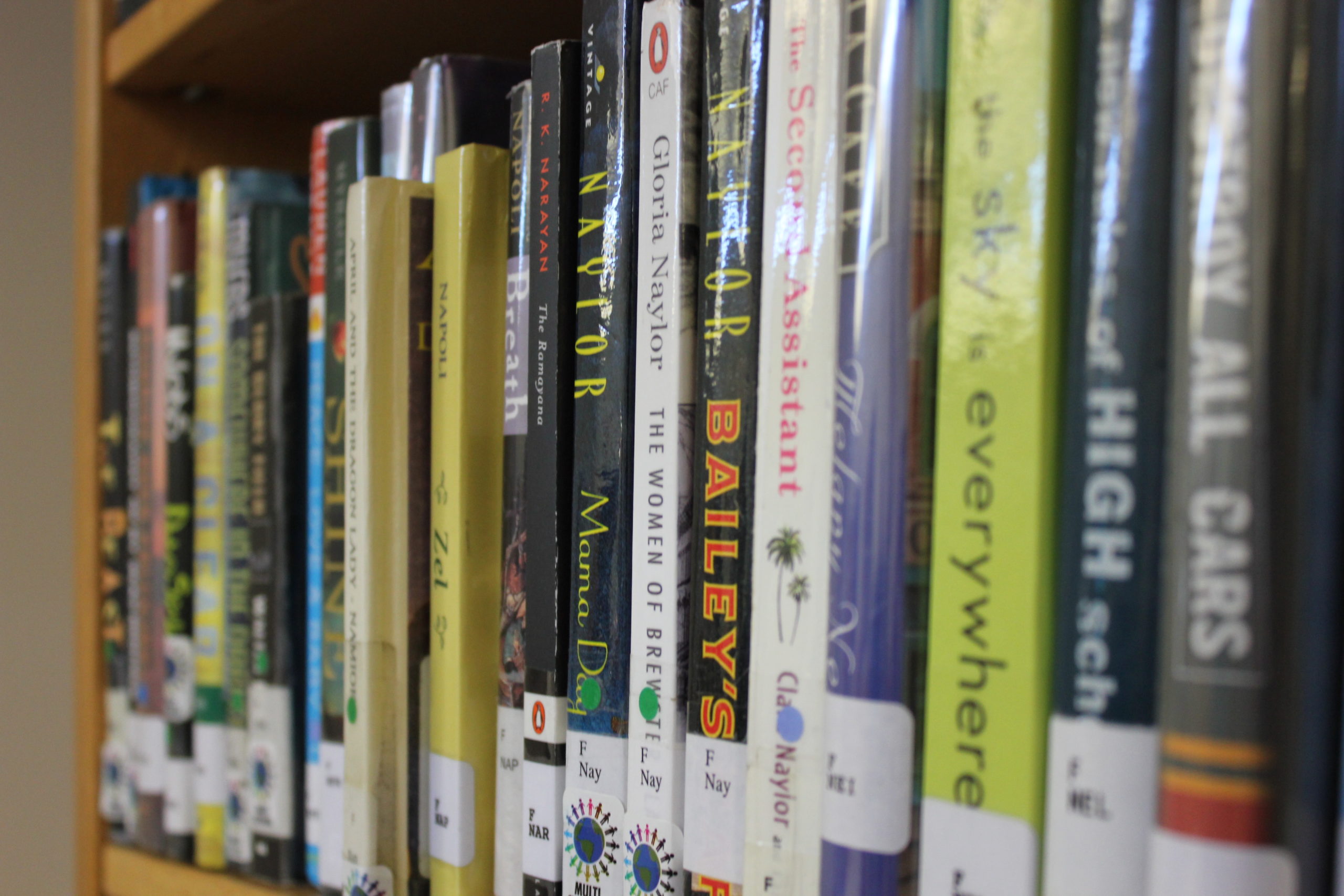By Jeffrey Xue, Staff Reporter
My homeroom teacher also teaches English, and earlier this year, I was walking around in homeroom surveying the shelves of books when suddenly a cover caught my eye. The title was “Fresh Off the Boat” which instantly reminded me of the popular ABC show about Asian immigrants. I picked it up. Sure enough, it turned out that the book inspired the ABC show. Although I hadn’t read a book for nearly half a year, I decided to bring this one home, wondering how much I, as an Asian-American myself, could relate to it.
Since I hadn’t actually watched the show before, I wasn’t sure what to expect from “Fresh off the Boat: A Memoir” by Eddie Huang. But its contents surprised me in how similar, yet different, Huang’s story could be from my own. Like me, he had to deal with the expectations of his immigrant parents, and like me, he had to deal with an environment and country in which he didn’t really fit in. But Huang’s approach towards that disparity was markedly different from mine; the spectrum of his story spans from great friendships to drug trafficking. Huang did not try to embrace his environment; when he saw that it didn’t fit, he shook it off and did things his own way. Overall, the book opened my eyes to a different side of the Asian-American experience. Through reading, I understood a new perspective, even if I didn’t actually experience it myself.
Reading “Fresh off the Boat” reintroduced me to a hobby I once prized but had long since forgotten. Reading was once a staple in most kids’ lives. In my elementary school, we often competed with one another to see who could read the longest book. In fourth grade, I read all seven Harry Potter books. But I can’t remember reading any book in high school that wasn’t for English class. As electronics improved and homework piled on, reading became a liability and was eventually forgotten.
“Fresh off the Boat” re-exposed me to books and showed me what I’ve lost. Reading is an experience truly unlike any other. It’s a visual experience, but the beauty is that unlike true visual entertainment like video games or movies; your own imagination is the catalyst for the images. Because of that, you yourself are also actively involved in the creative process as the story progresses. I hardly ever imagine scenes from a book in third-person, like they are in movies; even if I don’t imagine from the perspective of a character, I still imagine that I am still in the same place with them, silently taking part in the action as well. As a result, I feel like I’ve experienced and learned far more after reading a book than after watching a movie; we take more away because we put more in to establish that connection. At the same time, this is why reading a book is so much harder than watching a movie or playing a video game.
I’ve since decided to restart my reading career and make it my mission to read more books, especially challenging ones. To meet that challenge, I decided to read “Infinite Jest” by David Foster Wallace for my AP Literature independent reading book, a 900-plus page behemoth of a novel with smaller-than-average font. Have I bitten off more than I can chew? Perhaps. Do I regret it? Definitely not. We can’t have everything in life, but we can have the next best thing and read about it instead.
Jeffrey Xue can be reached at [email protected].





















































































